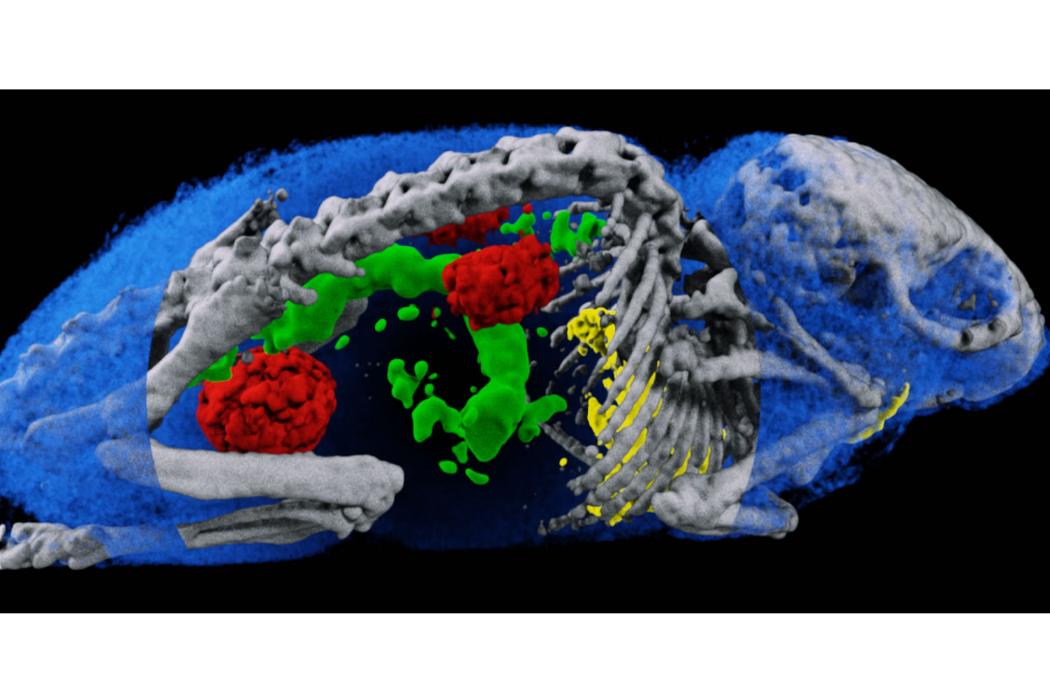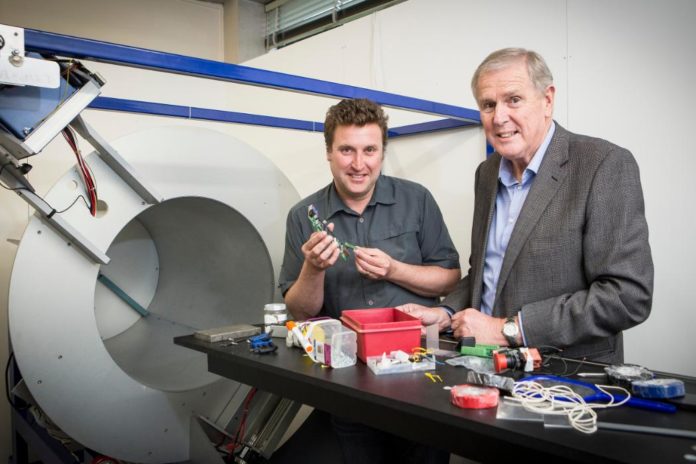The joint venture between the University of Canterbury, University of Otago, and MARS Bioimaging Ltd, known as the MARS Program, is creating a spectral molecular scanner that gives 3D color pictures of items inside the body, for example, bone, delicate tissue, and simulated joints.
According to scientists, the scanner will revolutionize the way X-ray technology will detect, diagnose and monitor many diseases, including cancer, has been awarded Gold Status for research excellence by MBIE.
One of the lead researchers, University of Canterbury Professor Anthony Butler, said, “This spectral molecular imaging technology really is the next big medical imaging innovation, and these 3D images will provide clinicians with information that is currently not possible in CT, MRI or PET scans.”
“The implications of this research will be huge for the medical profession. The capability of this scanner will enable greater diagnosis and monitoring of many diseases, and will lead to better outcomes for patients – particularly in stroke prevention, joint replacement and cancer management.”

“The technology also has significant financial benefits, with the potential to add more than $50 million per year to the New Zealand economy once the manufactured products arising from this research are in regular use in hospitals.”
Scientists actually want to market MARS scanners developed by the University of Canterbury, where proof of concept trials have been undertaken at Otago University Christchurch. The initial market is a range of researchers from many institutes. The exploration has additionally been upheld by the MedTech Center of Research Excellence and GE Healthcare. GE is giving a first-class CT scanner to the MARS group to quicken the examination. As another case of the interdisciplinary idea of the MARS program, the GE scanner will be introduced in the creature offices at Lincoln University.
UC Professor Phil Butler, science leader at the start of this MARS project and now CEO of MARS Bioimaging Ltd, says: “Medical innovations have high commercial value and high social impact, but long lead times. The strong support of MBIE has been essential over the duration of this project, a project that is just beginning to break into the pre-clinical research market in the US, India, and China.”
